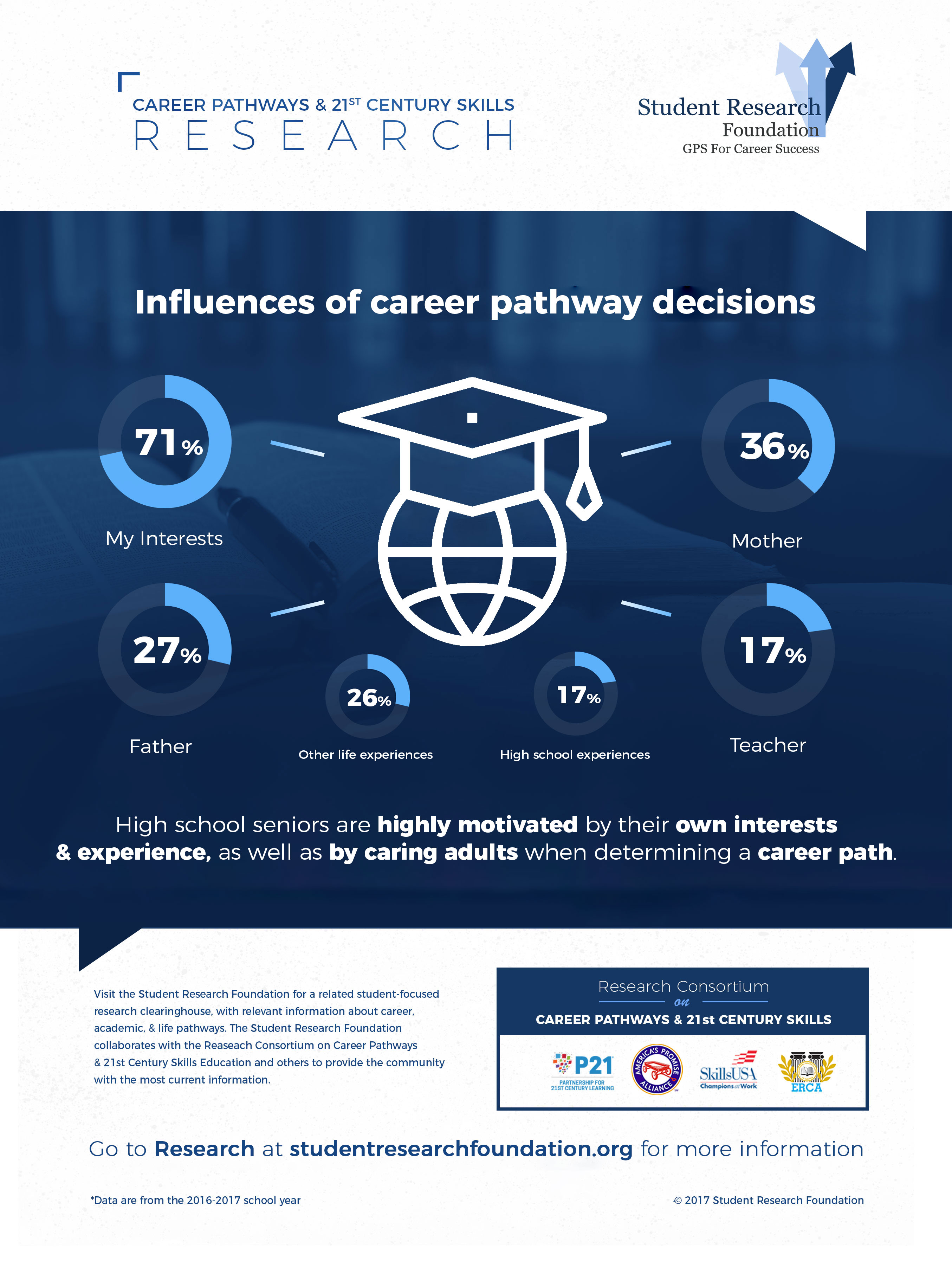In the US alone, there are a significant amount of students that end up changing their majors in college. The Student Research Foundation reported on statistics of students who entered college in 2011-2012 and shifted to another course sometime during their time at college. Here are some of the popular fields:
- 35% of all STEM majors switched
- 31% of Social Science majors switched
- 31% of Business majors switched
Shifting to another degree can result in additional years at college not to mention the extra workload. With this additional pressure, why do students take the risk of shifting?
In most cases, students discover a major that they are more passionate about than their initial choice. Borderzine observed the case of a father who pushed his son to take a course in English literature. The son later shifted to a Math major after realizing his true passion. Other times, students realize that the difficulty of their major is higher than they anticipated.

Influence on How Students Choose a Major and Career
The root of shifting can be traced to factors that influence a student’s decision the first time around. Student Research previously shared an infographic enumerating these factors and how much bearing they have on a student’s decision.

It’s interesting to note how the top three factors play into their decision process in reality. Forbes broke down the findings of a recent study that examines how students select their majors. Two key words that kept appearing in responses were “career” and “passion”. A student’s desire for a major that is in line with his/her interests can be categorized as their passion. Parents and schools, meanwhile, typically advise students to find a degree that will lead to a solid career. These opposing factors are the main components of a student’s search criteria. Another detail worth pointing out is how these majors fall on either ‘passion’ or ‘career’ and rarely overlap. For example, the study showed that many students view Medicine, Accounting and Marketing as a ‘career’, while English and Fine Arts are considered ‘passion’ majors. A healthy combination is needed for students to get the most out of their education. A “balanced” major leaves out the possibility that the student will change lanes.
Give yourself as much time as possible before deciding, especially because there are a wide variety of majors. These are not even limited to programs in orthodox educational institutions. Today’s technology enables students to enroll in online courses, which provide greater accessibility and flexibility. Maryville University shared details about a number of online bachelor’s degrees related to in-demand careers. A degree in Business Administration will teach you to make confident decisions for your company based on sound data analysis. Majoring in Forensic Psychology, meanwhile, will make you familiar with how psychology and criminal justice interact together. These programs are all sought after on the current job market and can fulfill students’ passions.
Lastly, consult with your family, teachers, and graduates who can all share their experiences as students. Just remember to consider the wisdom they share not as an instruction on which major to take. It should simply serve as guidance for you to be able to make a more informed decision.
The right selection process can you secure a job that will become a lifelong profession. At the same time, it will provide a sense of fulfillment that will keep your mind and heart at peace.
Feature post exclusively for studentresearch.org
Prepared by: Brenda Kelsey
Related Posts
Does It Make Sense to Transfer Colleges When You Declare Your Major
What Can Students Do with a Music Degree?
Is It the Right Time for Students to Major in Wind and Solar Power?
How Valuable Is an Associate’s Degree?
To share your views about what it takes to find the right path to selecting a college major, Participate in the National Career & College Pathway Study and receive information on college and career opportunities which match your interests.


That’s why you need to consider the majors in detail before choosing. I think you have to consider your interests, career opportunities, and the availability of that major. Basic information about the most popular majors is in this list: https://www.infographicportal.com/top-30-majors-and-what-they-can-give-you/ You really need to give yourself as much time to think about it as possible. I wanted to choose game design, but after weighing the pros and cons and evaluating not only my interests but also my capabilities and skills, I chose social sciences. And so far I have nothing to regret (except the way online learning is going).